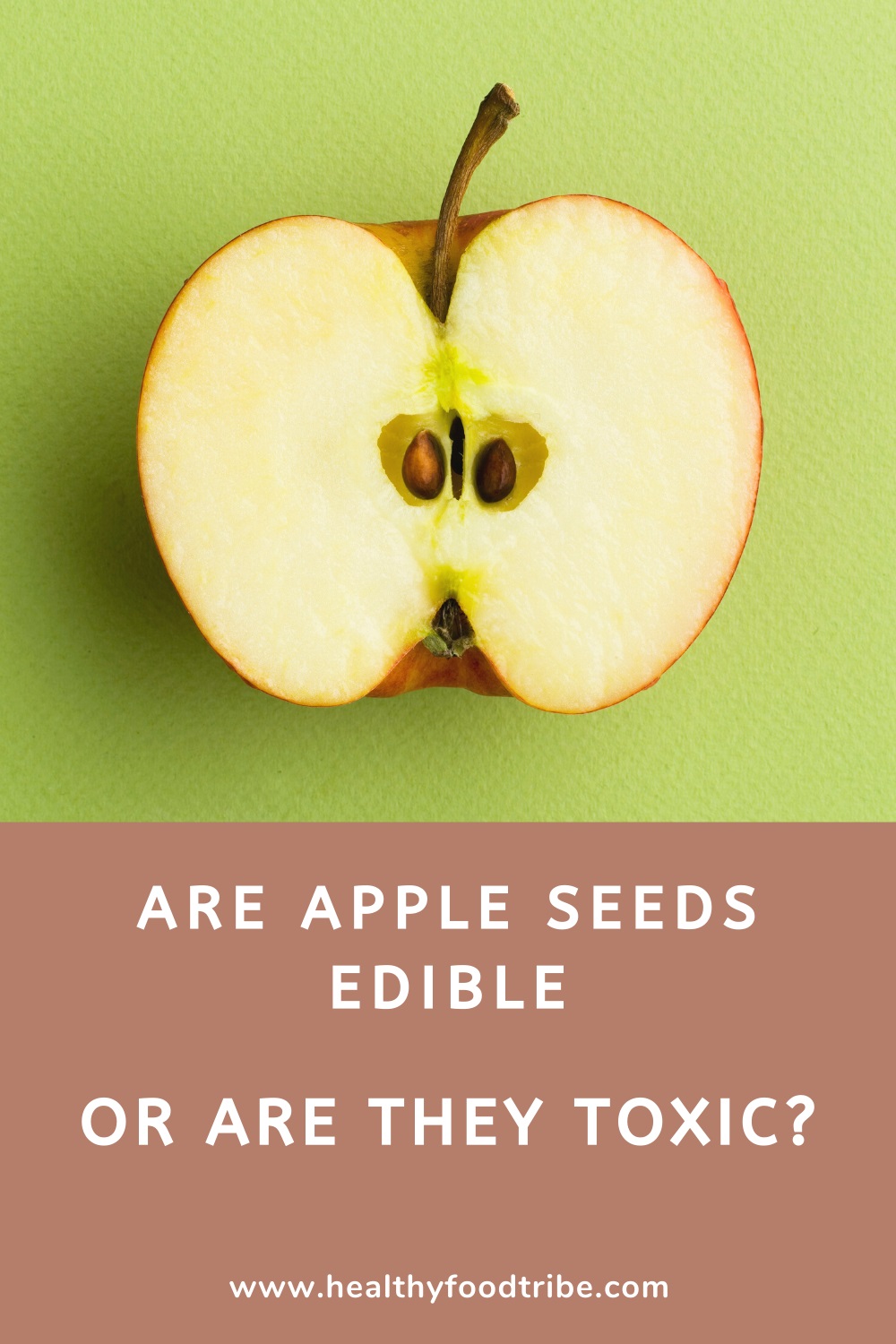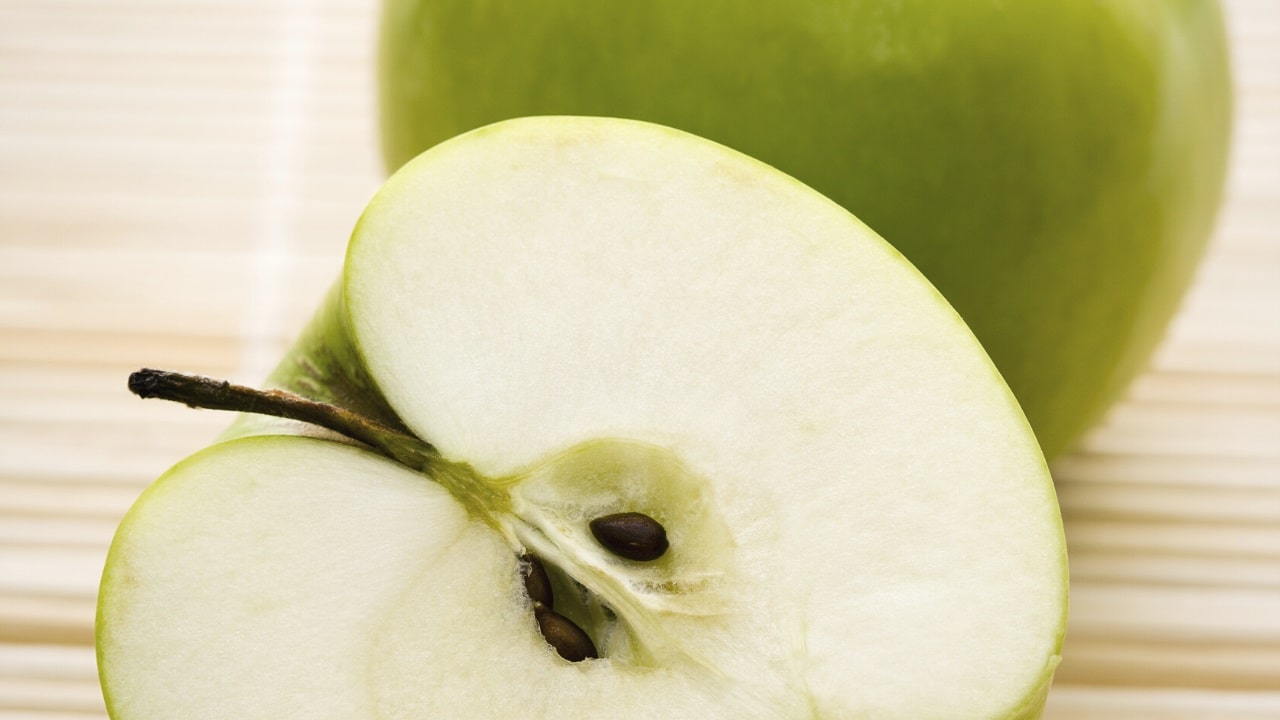Last updated: September 19, 2023
Are apple seeds edible, or are they poisonous? This guide explains whether there are any benefits to consuming apple seeds.
When I use an apple in my smoothies, I often blend the whole apple, including the core and seeds. I always assumed that the seeds – also called pips – hold additional nutrients that we shouldn’t let go to waste.
When I shared one of these smoothies with my neighbor and told her about the ingredients I used, she asked me whether it’s okay to eat apple seeds, because she assumed they were poisonous.
I had heard stories before of apples containing cyanide and being poisonous, so I figured it was time to do some research into this. So, here’s my two cents on whether apple seeds are toxic or are otherwise perfectly safe for human consumption.
About the Good Old Apple
Like many other popular fruits, such as pears, apricots, and strawberries, the apple is part of the Rose family (Rosaceae) of flowering plants.
With so many different varieties to choose from, the apple has since long been one of the most popular fruits in the world.
Polyphenols
An apple a day keeps the doctor away, as the saying goes. There are indeed lots of health benefits in eating apples, but they are mostly known for containing high levels of polyphenols.
Without diving too deep into this topic, polyphenols basically work as antioxidants, which are essential for us to fight off disease and stay as healthy as we can over time.
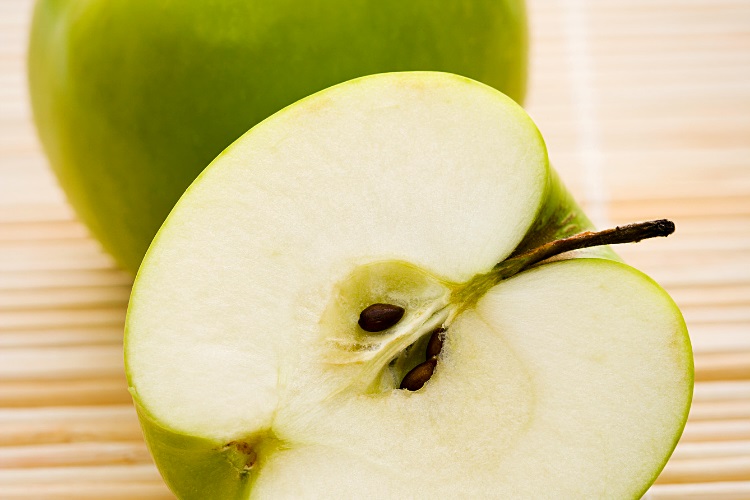
While most of us appreciate the refreshing taste of an apple, we also typically throw away the not-so-delicious core and seeds.
It is often said that we should not eat the seeds of an apple to avoid getting potentially sick. But is this a myth, or is there some form of truth to that thought? Where do these stories about apple seeds being poisonous come from?
Let’s find out!
Are Apple Seeds Edible?
Yes and no.
Sure, apple seeds can be poisonous if you eat bucket loads of them in one go. But essential foods such as water, salt, or pretty much any food for that matter, can also be poisonous if consumed in ways that they are not meant to be consumed.
It’s all about context. Just like you wouldn’t drink 10 liters of water in two minutes, you wouldn’t eat a full cup of apple seeds either.
Amygdalin and Cyanide
Apple seeds contain amygdalin, a glycoside that releases hydrogen cyanide when it is “attacked”, or eaten.
The fact that apple seeds, and so many other fruit seeds, generally taste very bitter and contain a substance that releases cyanide is essentially a natural defense mechanism.
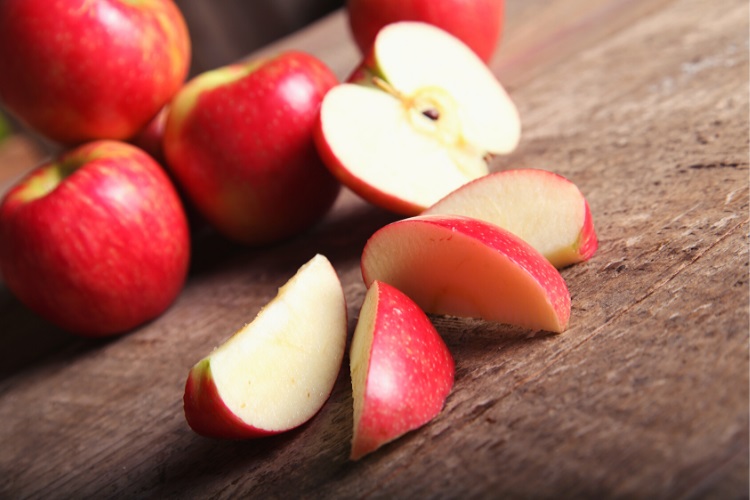
It is also true that apple seeds, due to their tough protective outer layer, don’t get digested when eaten, so they come out the other end fully intact. This is another excellent example of how nature protects the ongoing reproduction of fruits.
Apple seeds are not at all unique when it comes to amygdalin. This chemical occurs in many fruit kernels such as peaches, plums, and also bitter almonds.
The key question here is, how many apple seeds does one need to eat to get sick? There is a lack of clarity around this, but in this article, it is said that “the average adult would need to eat anywhere from 150 to several thousand crushed seeds to be at risk of cyanide poisoning”.
There are also many people claiming to have consistently eaten apple seeds without getting even a little sick. The same applies to me; I have never gotten sick after consuming apple seeds.
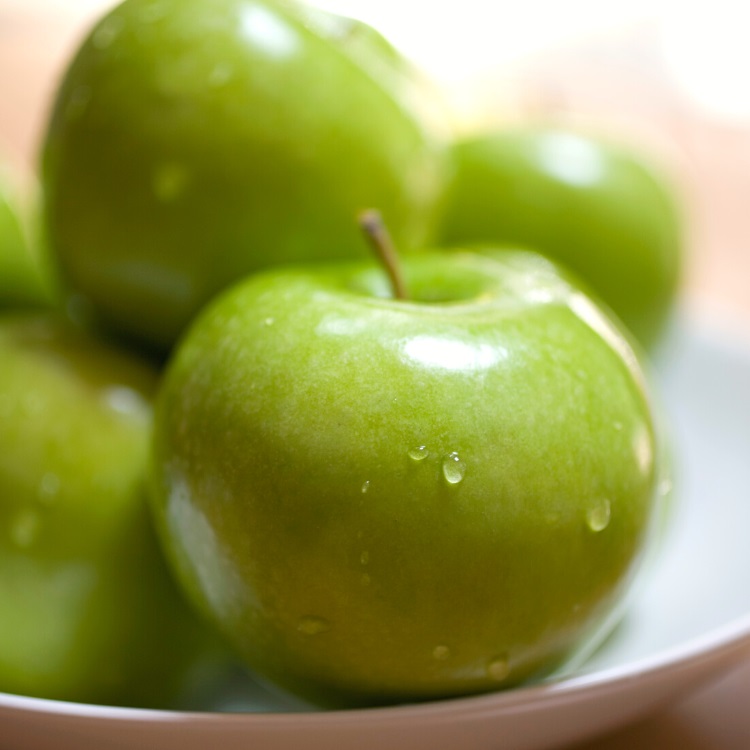
It’s also good to point out that cyanide accumulation is not really a thing because our body is able to flush out toxins so that it doesn’t accumulate over time.
In other words, if you were to eat one apple seed each day, this wouldn’t cause you any harm months or years down the track.
Long story short, we don’t need to worry about getting sick from eating apple seeds, so long as we don’t start eating hundreds of them.
The Vitamin B17 Myth
Amygdalin was first isolated and used as an anticancer agent in Russia in the 19th century. It was first used as a treatment in the USA in the early 20th century.
In the 1960s, Laetrile was developed and patented in the United States as a modified, and supposedly less poisonous, synthetic version of amygdalin.
Laetrile, also known as Vitamin B17, became popular in the 1970s as an (alternative) cancer treatment. During these years, a lot of research was conducted into the effectiveness of using Laetrile as a treatment with some positive results.
However, there was also a lot of controversy, with many considering this type of treatment a form of quackery. The infamous Sloan-Kettering cover-up is a good example of this controversy.
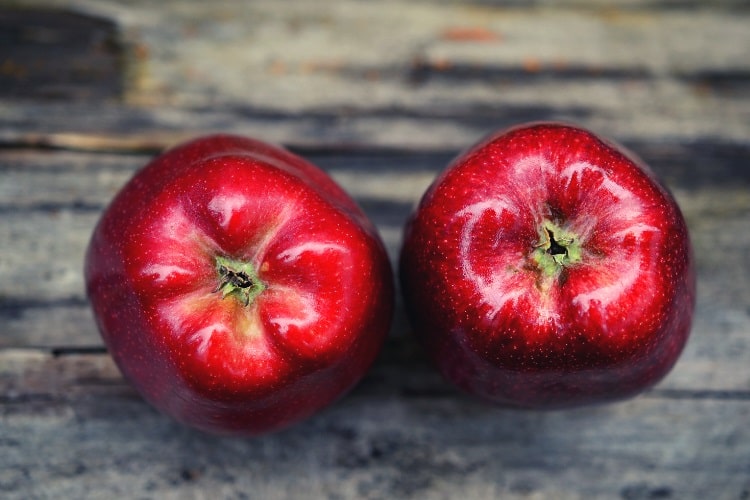
Vitamin B17 is actually not a real vitamin and cannot be commercially sold in the USA. It is also not approved by the FDA (U.S. Food and Drug Administration) as a treatment for any medical condition.
There are people, though, who still firmly believe B17/Laetrile is an effective treatment option.
Phloridzin
Another potential health benefit of apple seeds that’s worth mentioning is the high levels of phloridzin, a flavonoid with anti-aging properties.
But don’t feel pressured to suddenly start eating apple seeds for that reason, because the skin of an apple also contains phloridzin.
Can you eat avocado seeds?
Conclusion
It’s safe to say that the idea that apple seeds are poisonous or harmful is somewhat of an exaggerated myth. For me, personally, all these stories you may hear and read about the dangers of eating apple seeds are sensationalized and often taken out of context.
Sure, apple seeds can be toxic if consumed in very large amounts. But no, they are not at all harmful when you eat them in small doses.
Are you a green smoothie fan as much as I am and keen to blend whole apples? Check out this super nutritious and delicious smoothie with two whole apples and many more tasty ingredients!
